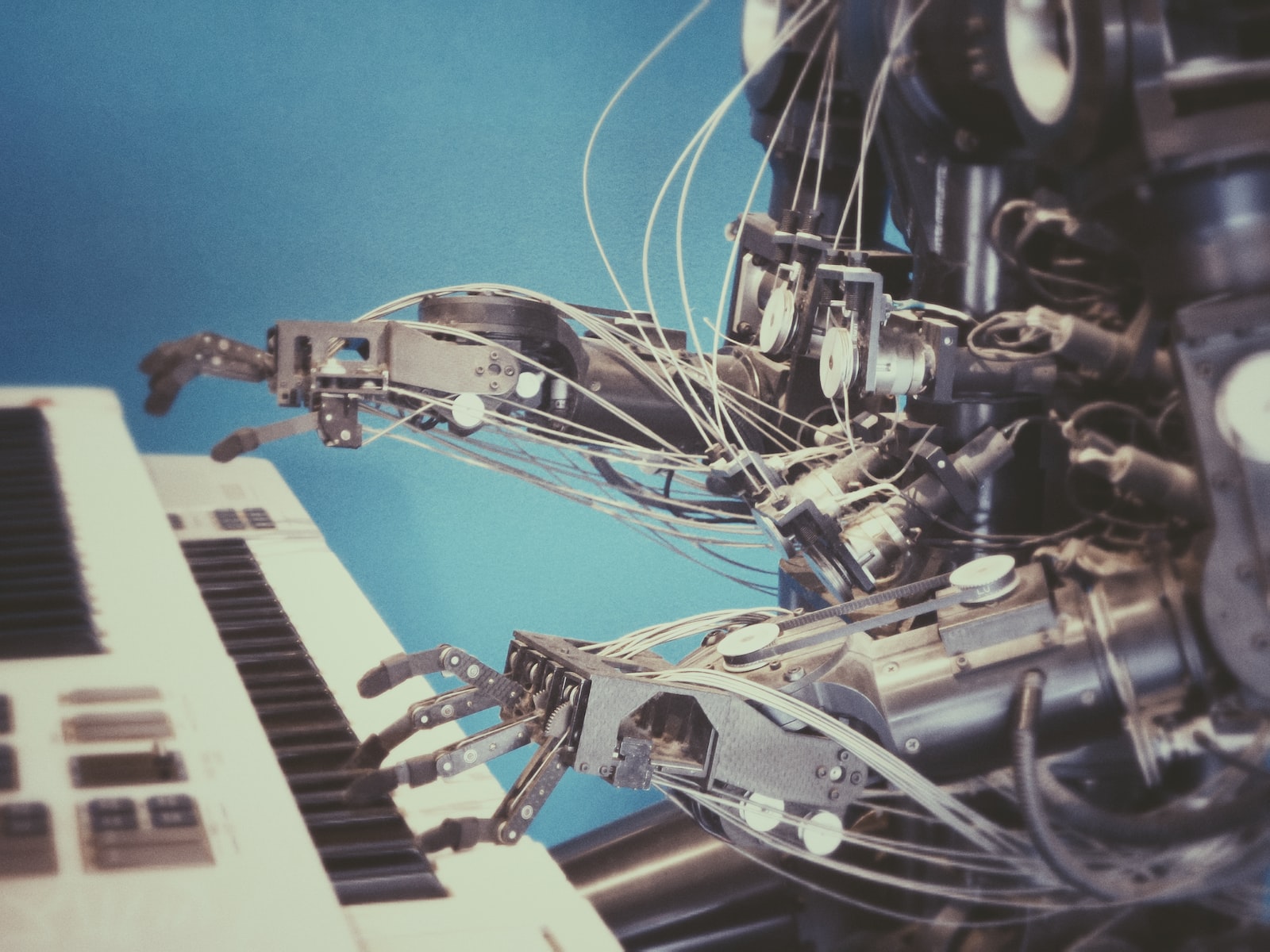As we enter the age of automation and artificial intelligence, many industries are undergoing significant changes, and the music industry is no exception. From the way music is produced and distributed to how it is consumed, the music industry is evolving rapidly. But what does the future hold for jobs in the music industry? Will machines take over and leave musicians out of work? Let’s take a closer look.
The music industry has always been notoriously difficult to break into. Even with the advent of digital technology and social media, it’s still a highly competitive industry that requires talent, perseverance, and a little bit lot of luck. That said, the digital age has created a whole host of new opportunities for musicians, songwriters, and producers. With platforms like YouTube, SoundCloud and whatnot, artists can now reach a global audience from the comfort of their bedroom, without the need for a record label or a massive marketing budget.
But what about the more traditional jobs in the music industry? The jobs that require certain expertise? Well, it’s true that some of these jobs may become automated in the future. For example, there are already AI programs that can compose music and even write lyrics. However, machines can’t replace the human touch when it comes to music. Music is an art form, and there will always be a demand for talented musicians who can connect with audiences on an emotional level.
In fact, the rise of technology in the music industry has created new job opportunities that didn’t exist before. For example, there is now a growing demand for experts in music data analysis. With the rise of streaming services, record labels and artists are constantly looking for ways to better understand their audiences and how to reach them. Music data analysts can help by providing insights into trends and preferences, allowing artists to make more informed decisions about their music.
Another area of growth is in virtual and augmented reality. As technology continues to evolve, there will be more opportunities for musicians and producers to create immersive experiences for their audiences. This could involve creating virtual concerts, interactive music videos, and even new forms of musical instruments that can be played in a virtual environment.
Random Fact
Did you know that the first-ever recorded song was created in 1860? It was a 10-second clip of “Au Clair de la Lune,” recorded on a phonautograph by a Frenchman named Édouard-Léon Scott de Martinville. The recording was never intended to be played back, as there was no technology available at the time to do so. It wasn’t until 2008 that scientists were able to recreate the sound from the phonautograph recording using a computer.
The future of jobs in the music industry is both exciting and uncertain. While some traditional jobs may become automated, there will always be a demand for talented musicians who can create emotional connections with their audiences. And as technology continues to evolve, there will be new opportunities for those with expertise in areas like music data analysis and virtual reality. If you’re passionate about music and willing to adapt to new technologies, the future looks bright. Just remember, even with all the technological advancements, music will always be a human art form at its core.
